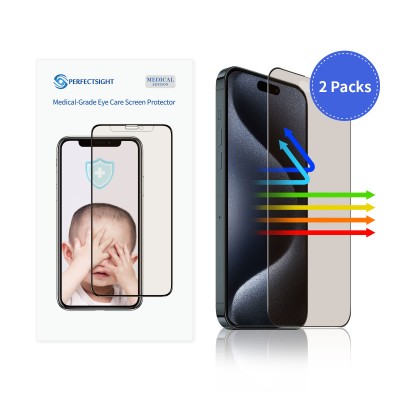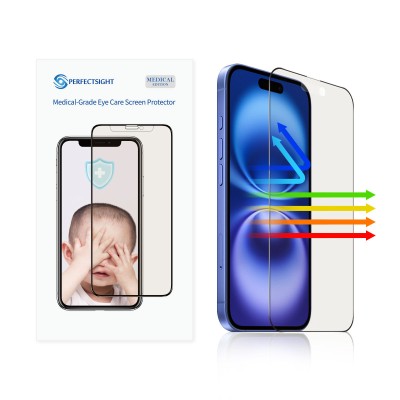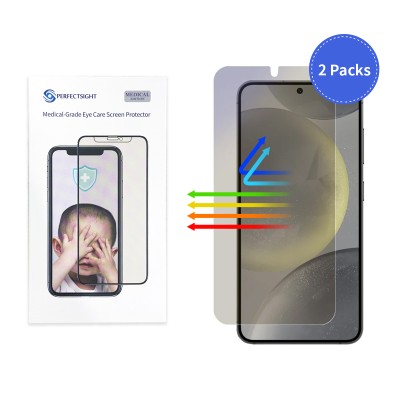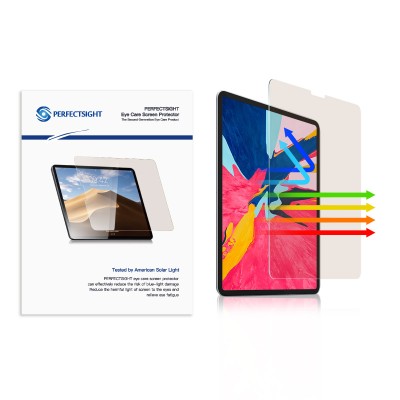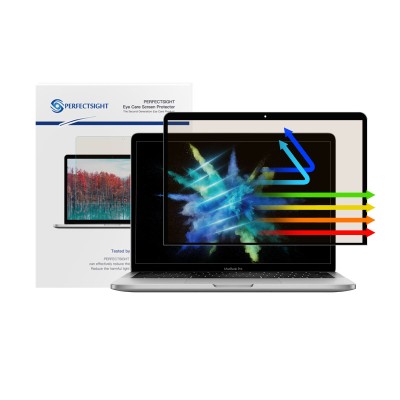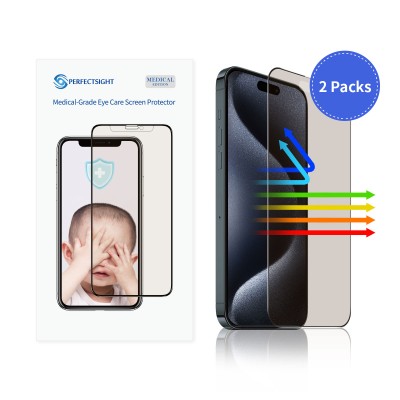Is Privacy Screen Protector Good for Eyes?
In the digital age, our increasing reliance on electronic devices has raised concerns about eye health. As a tool for protecting privacy, the impact of privacy screen protectors on eye health has become a focal point of discussion.
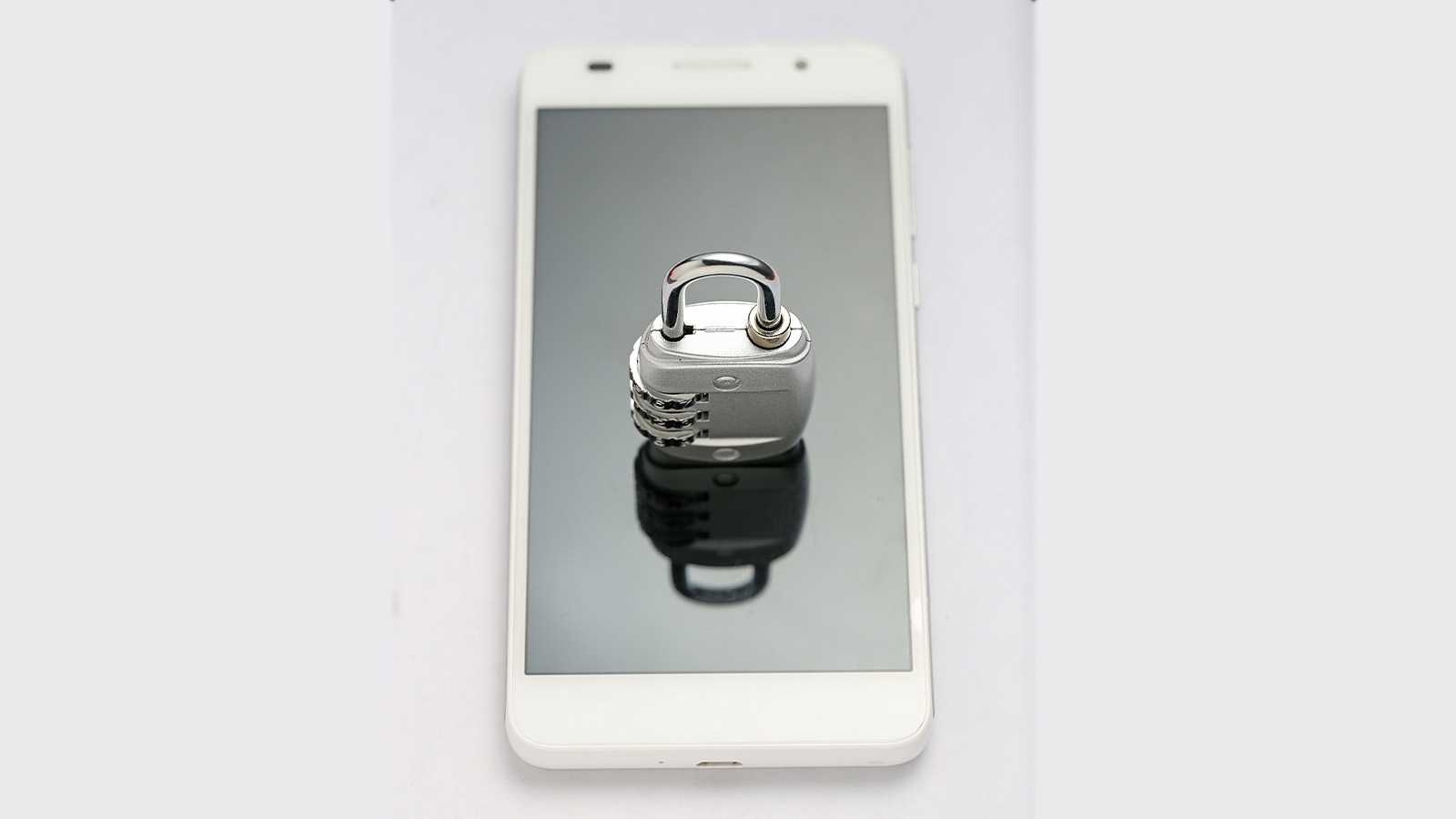
Benefits of Privacy Screen Protectors
Enhanced Privacy
One of the most significant benefits of a privacy screen protector is the enhanced privacy it provides. These protectors are designed to limit the viewing angle of your screen, ensuring that only you can see the content. This is particularly useful in public spaces where you might be concerned about others peeking at your screen. Whether you're checking sensitive emails, browsing the web, or watching a video, a privacy screen protector keeps your content confidential.
Reducing Glare and Eye Fatigue
Privacy screen protectors typically feature anti-glare properties that significantly reduce glare caused by strong light or sunlight reflections. This functionality not only enhances screen visibility in bright environments but also helps reduce eye fatigue. By minimizing glare, privacy screen protectors make it easier for the eyes to focus, thereby alleviating eye strain.
Filtering Harmful Blue Light
Many privacy screen protectors are equipped with blue light filtering technology. Blue light, also known as high-energy visible (HEV) light, is emitted by electronic devices and can lead to eye fatigue, disrupt sleep patterns, and even cause long-term damage to the eyes. Privacy screen protectors with blue light filtering capabilities can effectively reduce the harmful blue light that reaches the eyes, thus protecting vision and promoting better sleep quality.
Potential Risks of Privacy Screen Protectors
Decreased Screen Brightness
One major drawback of privacy screen protectors is that they can reduce screen brightness. Due to their design, which limits light transmission for privacy purposes, users may still perceive the screen as dim even when the brightness is set to maximum. In bright environments, such as under direct sunlight, the screen may become difficult to read, causing the eyes to work harder and potentially exacerbating eye fatigue.
Increased Battery Consumption
Because privacy screen protectors darken the screen, users may unconsciously increase the screen brightness to compensate. This can lead to:
Faster battery depletion.
Increased wear on the screen, potentially affecting its lifespan.
Greater energy consumption, which may have long-term effects on battery health.
Limiting Convenience
In some cases, privacy screen protectors may create inconveniences. For instance, when a phone is placed flat on a table, the screen may appear completely dark unless viewed directly. This makes simple tasks, such as checking notifications, unnecessarily cumbersome. Over time, such inconveniences may become frustrating.
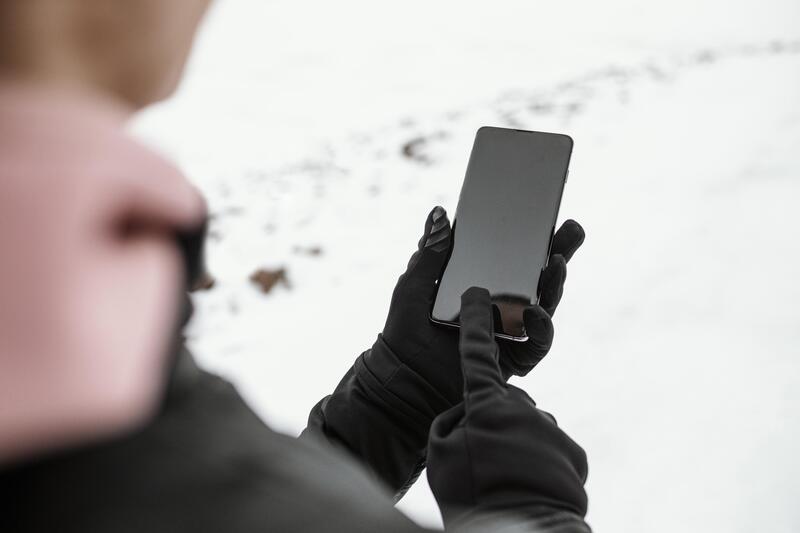
How to Choose the Best Privacy Screen Protector for Your Needs?
Choosing a High-Quality Privacy Screen Protector
Opt for privacy screen protectors that utilize micro-louver technology. These protectors incorporate thousands of micro-louver layers within the screen protector itself to control the angle of light propagation, thereby achieving the privacy effect. The advantage of this technology is its ability to effectively limit the screen's viewing angle while maintaining clarity and brightness when viewed directly from the front.
Consider Personal Needs
If you frequently use devices in public places and have a high demand for privacy protection, a privacy screen protector is a good choice. However, if you often need to view the screen in bright environments or have high requirements for screen brightness and clarity, you may need to weigh the pros and cons.
Adjust Screen Brightness
When using a privacy screen protector, appropriately increasing the screen brightness can help offset the decrease in brightness. However, be careful not to set the screen brightness too high, as this may increase eye strain.
